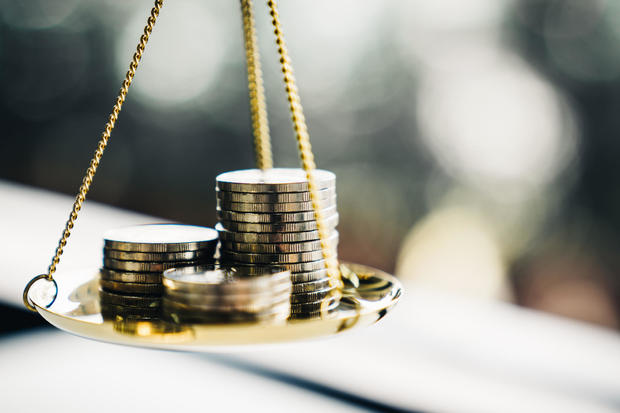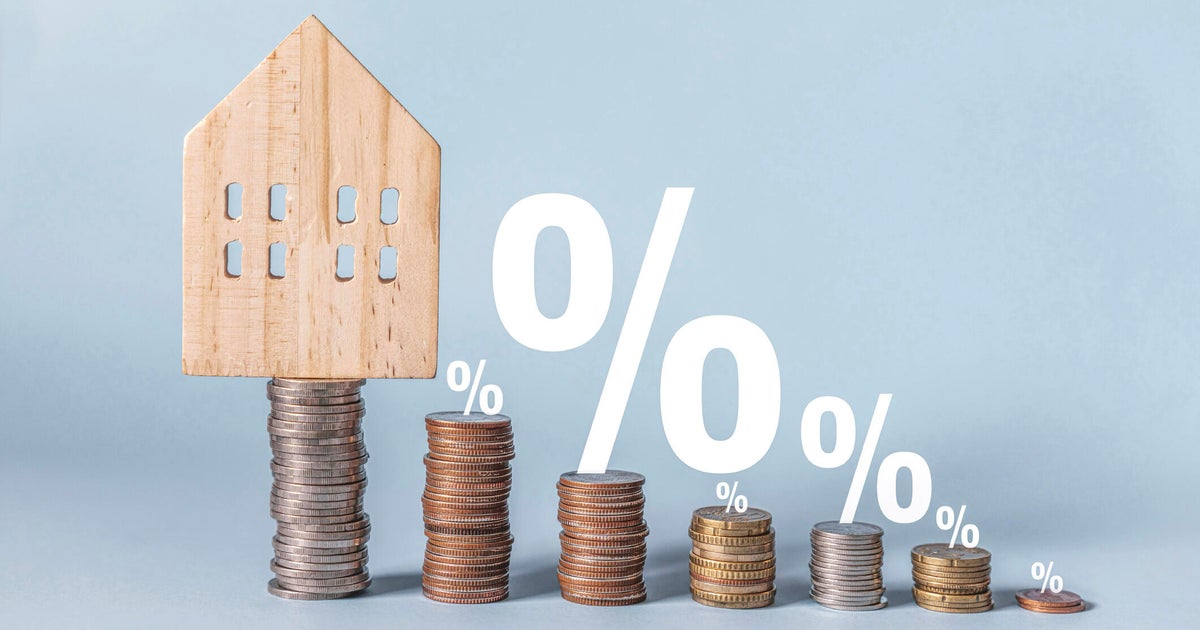High-yield savings account vs. long-term CD account: Which is better now?
The Federal Reserve has raised its target federal funds rate 11 times in the last two years. As a result, long-term certificates of deposit (CDs) and high-yield savings accounts currently offer the opportunity to earn impressive returns. Of course, both of these savings vehicles come with pros and cons.
For example, high-yield savings accounts give you a way to earn strong returns while maintaining access to your money. These accounts usually allow you to make withdrawals up to six times per month. They're also usually FDIC- or NCUA-insured up to $250,000. On the other hand, high-yield savings accounts have variable interest rates. Therefore, you can't use them to lock in today's impressive returns for the long term.
Long-term CDs, on the other hand, are usually either FDIC- or NCUA-insured for up to $250,000, making them safe savings vehicles. They also give you the ability to lock in today's high interest rates for years to come. On the other hand, you must agree to keep your money in your CD for the full term — and for long-term CDs, that's typically somewhere between two and five years, but can be as long as 10 years. If you access your funds early, you may have to pay a penalty.
But is a high-yield savings account or long-term CD the better option for you? The answer depends on your savings goals.
Earn impressive returns with a high-yield savings account now.
Why a high-yield savings account may be better than a long-term CD
High-yield savings accounts are powerful financial tools. Here are a couple of areas where they stand out compared to long-term CDs:
Accessibility
High-yield savings accounts are typically more accessible than CDs. You generally won't have to worry about closing your account early or paying any potential penalties when you need to access your money. In fact, you'll generally be able to withdraw money up to six times per month. When you save with a CD, your access is limited until the end of the CD's term.
Take advantage of increasing interest rates
High-yield savings accounts come with variable interest rates. That's good news any time rates are on the rise — as they have been for nearly two years. When an interest rate increase takes place, your high-yield savings account interest will likely go up, too.
That's not the case for CDs. When you open a CD, you lock in today's rate. Sure, that means you don't have to worry about any rate declines, but it also means you don't get to take part in any rate hikes.
Who a high-yield savings account is best for
A high-yield savings account is the better option if you want to earn a bigger return on your emergency fund. The simple fact is that you never know when an emergency is going to happen. When one does, you'll need quick access to your money. And, high-yield savings accounts offer interest returns while giving you the ability to tap into them when you need to.
Moreover, when you nest your emergency fund in a high-yield savings account, you can rest assured that your money's safe. After all, these accounts generally come with FDIC or NCUA insurance for balances up to $250,000.
High-yield savings accounts are also a compelling home for your other short-term savings.
"There aren't many other investable assets that offer the same combination of liquidity and safety" as a high-yield savings account, says Shane Cummings, CFP, CEPA, AIF, wealth advisor and the director of technology/cybersecurity at Halbert Hargrove.
Open a high-yield savings account today to access liquidity, safety and impressive returns.
Why a long-term CD may be better than a high-yield savings account
Long-term CDs offer a few perks that high-yield savings accounts don't. These perks include:
The ability to lock in high rates
Long-term CDs offer a fixed rate of return while high-yield savings accounts come with variable interest rates. That means when you open a long-term CD, you can lock in today's high rates for years to come. That's not the case with high-yield savings accounts.
Predictable returns for better planning
Because long-term CDs offer a fixed interest rate, you can determine exactly how much money you'll earn by the end of the term. That means you can factor your CD returns in as part of your plan to meet your savings goals. Since high-yield savings accounts come with variable returns, you can't plan on earning a set amount of money when you use them.
Increase your chances of achieving your savings goals
Long-term CDs "encourage disciplined saving by imposing penalties for early withdrawals," says Cameron Burskey, senior partner at Cornerstone Financial Services in Southfield, Michigan. As such, they help "individuals commit to their savings goals," he says.
High-yield savings accounts offer easy access to your savings whenever you want it, which may not be helpful in reaching your long-term goals.
Who a long-term CD is best for
Long-term CDs are likely better than high-yield savings accounts if you're saving for a big purchase or otherwise have a long-term time horizon. The fact that you'll have to close your account early and may have to pay a fee to access your funds before the term is over means you'll be more likely to keep your money in your CD until the maturity date.
Moreover, being able to lock in today's high interest rates means you'll earn a predictable return through the term of your CD. Not only does this lock in strong earnings, but it also makes planning around your goals easier.
Open a CD now to lock in today's high rates.
The bottom line
Neither high-yield savings accounts nor long-term CDs accounts are better than one another 100% of the time. They both shine under different circumstances. Consider the pros and cons of each and how they relate to your savings goals to decide which is the better option for you.




